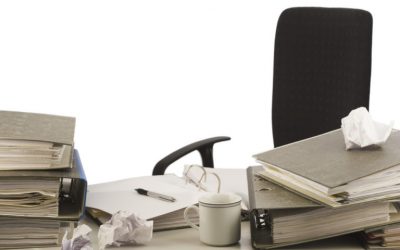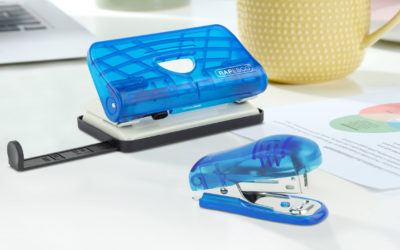In every office, it’s crucial everyone is treated, and treats others, with respect. When deadlines are looming and workloads are piling up, things can become stressful. But it’s essential that employees still act professionally.
Good office etiquette helps promote respect and ensures standards don’t slip. But what is office etiquette and why is it important?
We’re taking you through a few examples of good and bad office etiquette and explaining what you can do to improve the etiquette in your workplace.
What does office etiquette mean?
Office etiquette is the unwritten rules that outline how employees are expected to behave in the workplace. It covers things like dress code, body language and basic manners. Collectively, they help ensure people are respectful of others at work and are professional in their conduct.
Encouraging employees to follow good office etiquette helps build good relationships among colleagues and sets a standard for everyone to follow. This can portray a positive image of your business too.
Good office etiquette
A healthy atmosphere in the workplace, where everyone is working to the same standards of professionalism is ideal. Here are a few examples of good office etiquette and how you can promote it.
Being aware of what employees eat at their desks
Many people like eating at their desks during lunchtimes. However, some foods are more acceptable than others. If their meals are particularly strong smelling, it can be off-putting for others.
Creating a food and drink policy is a casual way of introducing good office etiquette with guidelines about where it is acceptable to eat in the office. In having a designated lunch area, employees can enjoy downtime away from their desks and keeps smelly foods out of the working area. By doing this, you’re still giving people the freedom to eat what they like at work.
Sticking to your own stationery
How often do pens and staplers go missing at work because people quickly grab one from the nearest desk? Respect for other people’s possessions is something that, occasionally, your employees may need a casual reminder of by email.
While you can’t stop people from borrowing each other’s stationery, you can ensure your cupboard is re-stocked with essentials so people can always replace what has been taken.
Keeping kitchen spaces clean
Most people hate having a kitchen full of dirty spoons, coffee mugs and bowls at home. Unfortunately, this doesn’t always extend to their workplace kitchen.
Appeal to employees with this sentiment and send out a reminder that it’s everyone’s responsibility to keep the office clean. Encourage them to take their dirty cups back to the kitchen and place them in the dishwasher or wash by hand.
Encouraging a clearer office
A well-organised workplace is good office etiquette but can be difficult to keep up if you have lots of employees. This can lead to a cluttered workplace which doesn’t look great to visitors.
You could try implementing a ‘clear-desk policy’, where people are encouraged to clear their desks at the end of each day. This is an especially important step in ensuring important files and paperwork are stored securely during closing hours. Or, give everyone desk organising trays to help promote tidiness in the office.
Bad office etiquette
Unfortunately, in every workplace, there’s always examples of bad office etiquette to combat. Here are a few common examples to watch out for.
- Having private conversations in public – hearing others talking about personal matters at work can be very distracting and uncomfortable. Encourage them to take calls at home or in a private part of the office.
- Being consistently late to meetings – it’s poor manners to be regularly late for meetings and doesn’t show courtesy to whoever has organised it. It also looks bad to external visitors if it is a client meeting.
- Bad language or unprofessional behaviour – occasional swearing is natural at times. But when it happens regularly and strays into rudeness, this is bad office etiquette and can lead to a lowering in standards.
Encouraging a few simple rules can help create a more enjoyable working space for everyone, and one that’s in keeping with your offices’ code of conduct.
Find more office etiquette tips at our Knowledge Centre.

![Mutligenerationalmanagement-Header-1440×960[1] How to encourage good office etiquette](http://staplestest.ecoss.co.uk/wp-content/uploads/2020/11/Mutligenerationalmanagement-Header-1440x9601-1.jpg)








